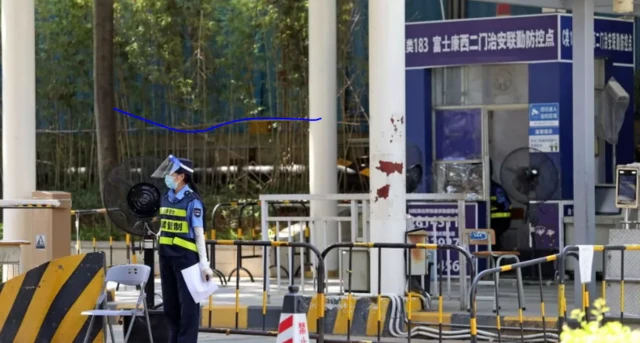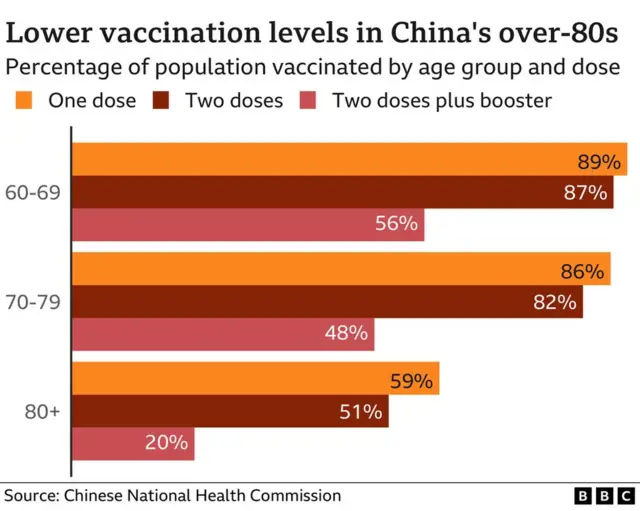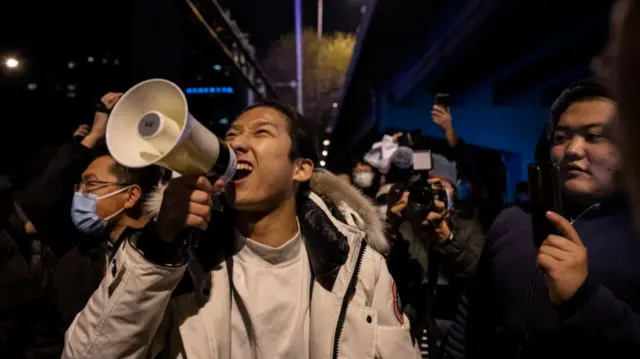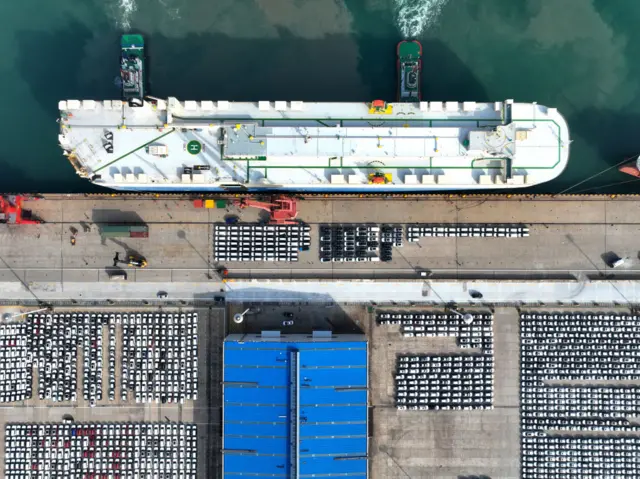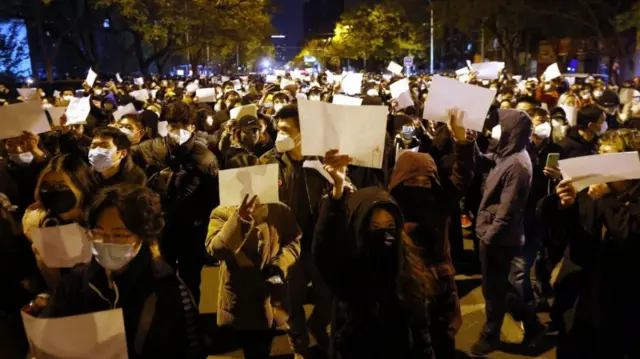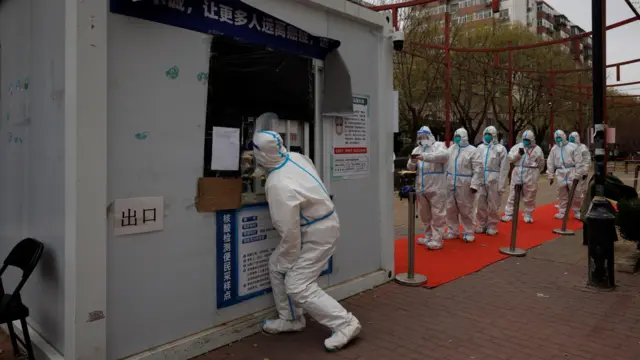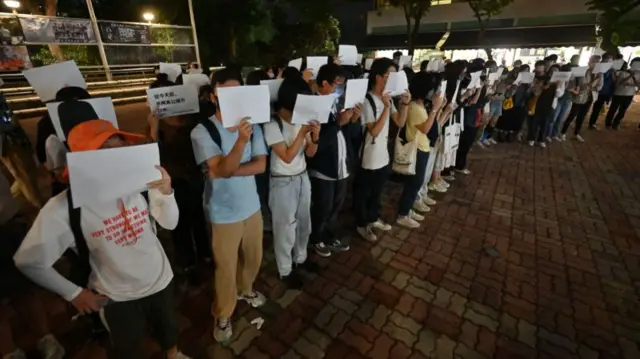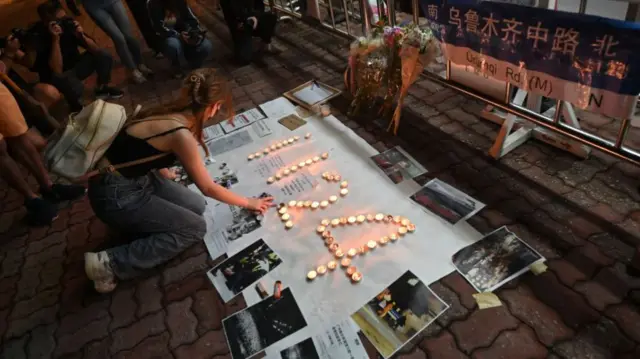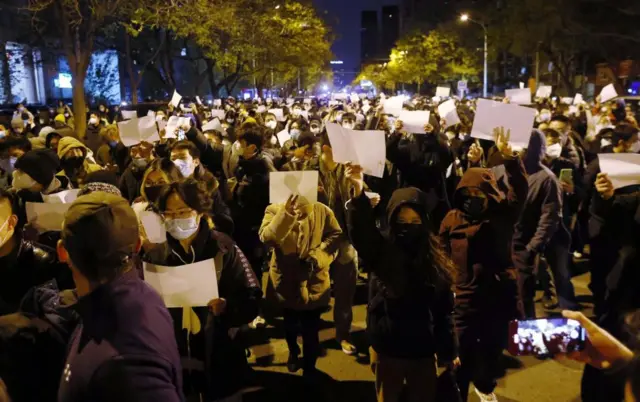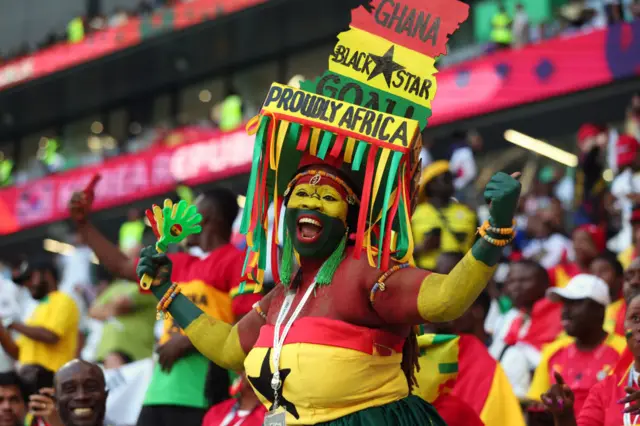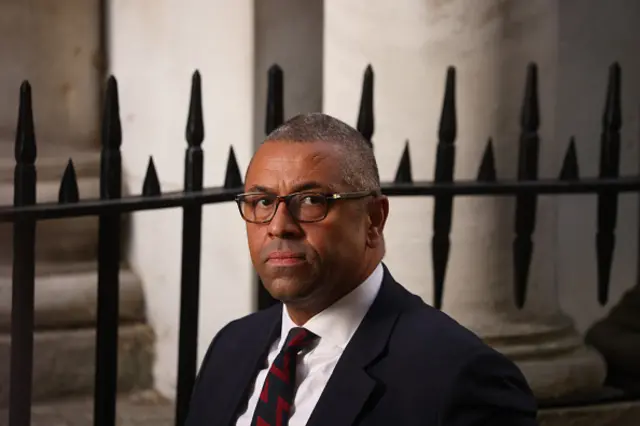We're pausing our coveragepublished at 18:06 GMT 28 November 2022
We're pausing our coverage of the Covid protests in China soon. But if you would like to read more about what's been happening, you can find our quick guide to the protests here, or check out our analysis here.
Today's page was written by Aoife Walsh, Thomas Mackintosh, Beth Timmins, Christy Cooney, Andre Rhoden-Paul, James Harness, George Wright, Adam Durbin, Alys Davies, Frances Mao and Yvette Tan.
It was edited by Nathan Wiliams, Emma Owen, Thomas Spender, Jeremy Gahagan, Andrew Humphrey and Heather Sharp.
